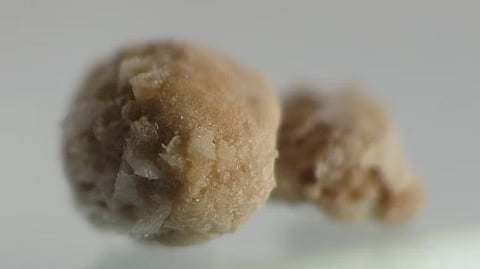No reduction in pain or opioid use with CBD oil
Both groups received other standard medications, including a "rescue" opioid if needed for severe pain. A brief mild period of dizziness was the only side effect in patients taking CBD oil.
Pain scores after URS and stent placement were similar between groups. With CBD or placebo, average maximum pain score immediately after treatment was 2.2 (on a 0-to-10 scale). In both groups, pain scores decreased over the first three days. At no time were pain scores more than one-half a point different between the CBD and placebo groups.


